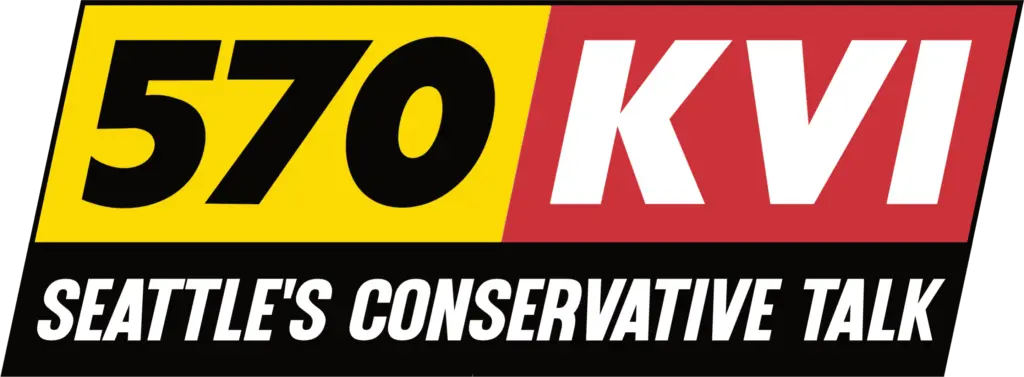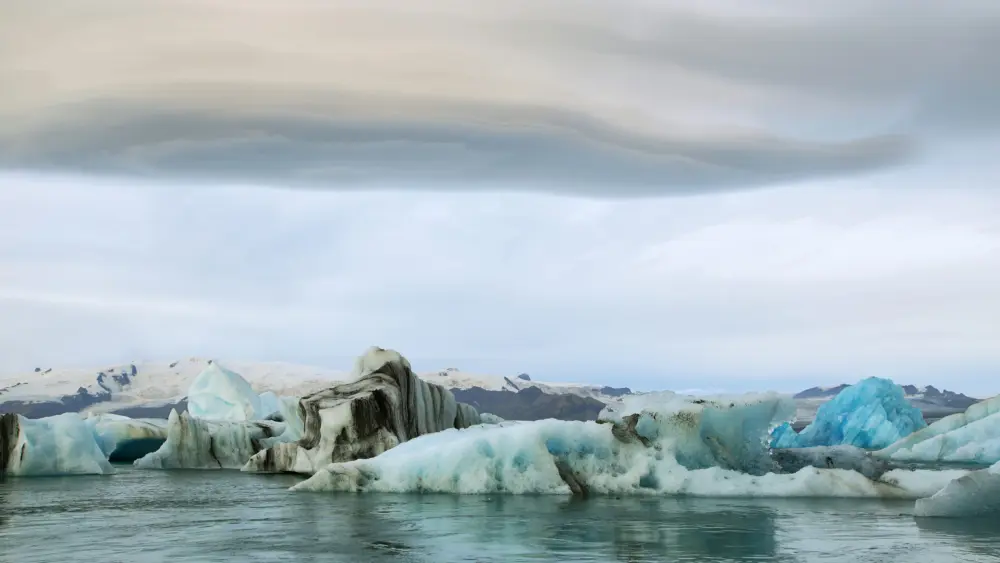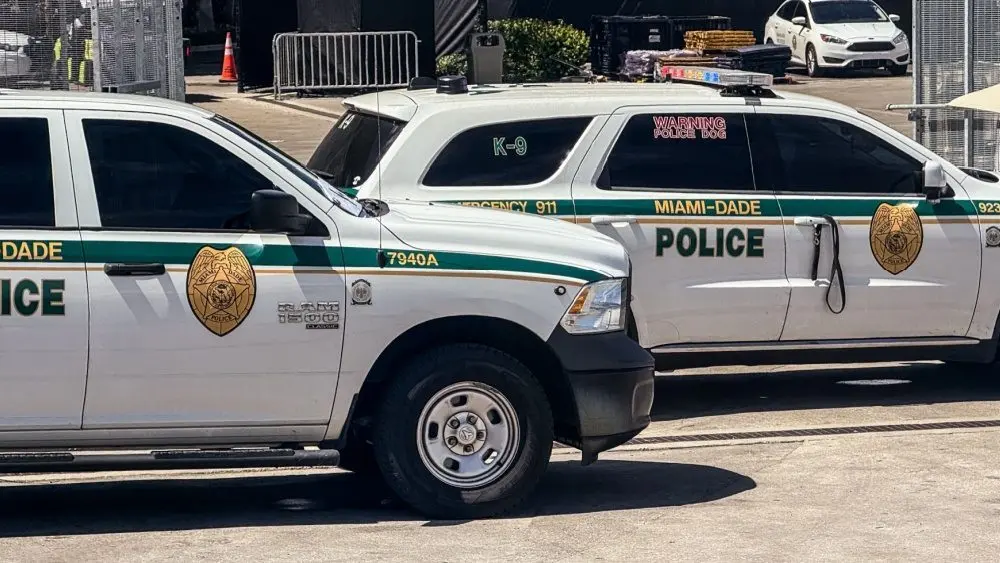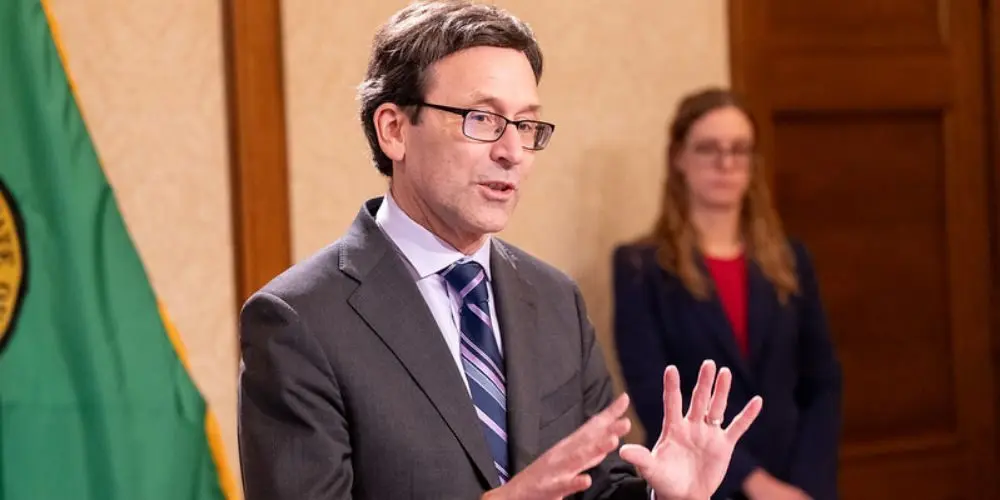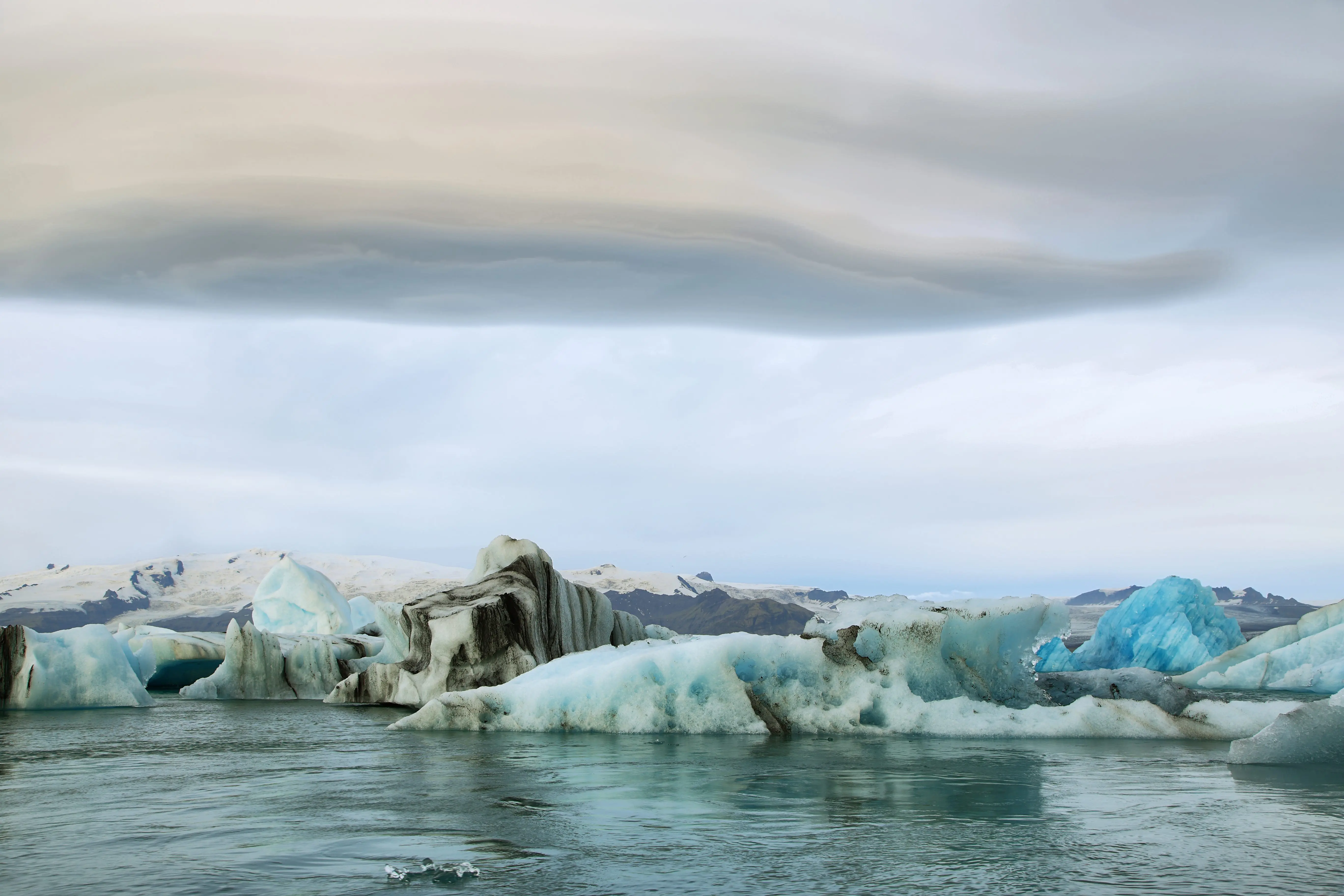
The New York Times is once again stoking climate panic, this time declaring that an “inevitable” megafire will engulf Western Washington due to climate change. But according to one of the state’s top atmospheric scientists, the premise is flat-out wrong, and even backwards.
Speaking on The Ari Hoffman Show, University of Washington meteorologist Cliff Mass dismantled the article, calling it “extraordinarily sloppy journalism” and “advocacy journalism” rather than factual reporting.
Meteorologist Cliff Mass Debunks NYT’s “Inevitable Megafire” Claim as Climate Alarmism
“They had a story they wanted to write, and they weren’t going to do any kind of research to see if it made sense.” pic.twitter.com/4mSRVx3B7x
— Ari Hoffman 🎗 (@thehoffather) August 15, 2025
The NYT feature, published alongside a dramatic photograph of a smoke-covered Interstate 90 Floating Bridge over Lake Washington, claimed the famously rainy state is facing longer, hotter, drier fire seasons that could produce a catastrophic blaze “nearly impossible to fight.” Washington State Department of Natural Resources forest health scientist Derek Churchill was quoted as saying that fire fuels in western Washington now dry out in July instead of mid-August.
The article even pointed to the currently burning 5,100-acre Bear Gulch fire in Olympic National Forest, started by human activity, as evidence of a growing danger.
Mass blasted the report as “blatantly false,” accusing the paper of failing to check historical records or basic meteorology. In more than a century of records, western Washington has had exactly one megafire: the 1902 Yacolt Burn, which scorched 238,000 acres. Despite a warming climate, there has been no upward trend in large fire frequency over the past 50 years.
Even more damaging to the NYT narrative: Mass’s peer-reviewed research shows that every major fire in the region has been driven by powerful easterly winds from Eastern Washington, winds that climate change is projected to weaken, not strengthen. Warmer interior regions reduce pressure differences with the cooler coast, making these east-to-west wind events less frequent.
“If climate change were causing megafires, you’d expect them to increase in frequency and intensity,” Mass explained. “But we haven’t had them.”
Mass accused both the New York Times and Seattle Times of ignoring basic science to push a pre-set climate change storyline: “They had a story they wanted to write, and they weren’t going to do any kind of research to see if it made sense.”
University of Washington Encampment Backlash
Mass also found himself in the middle of a separate controversy revealed through a public disclosure request obtained by The Ari Hoffman Show. Among the documents was an audio recording of a past KVI interview with John Carlson in which Mass criticized UW’s handling of a pro-Palestinian encampment on campus, which caused tens of thousands of dollars in property damage and vandalism.
The records showed UW administrators discussing how Mass’s comments might hurt the university’s image, but not addressing faculty members who allegedly supported the encampment or tolerated antisemitic activity. “They clearly were supportive [of the encampment],” Mass said. “Someone like myself, criticizing them makes them look bad. And they should be concerned, what they did was very, very wrong.”

